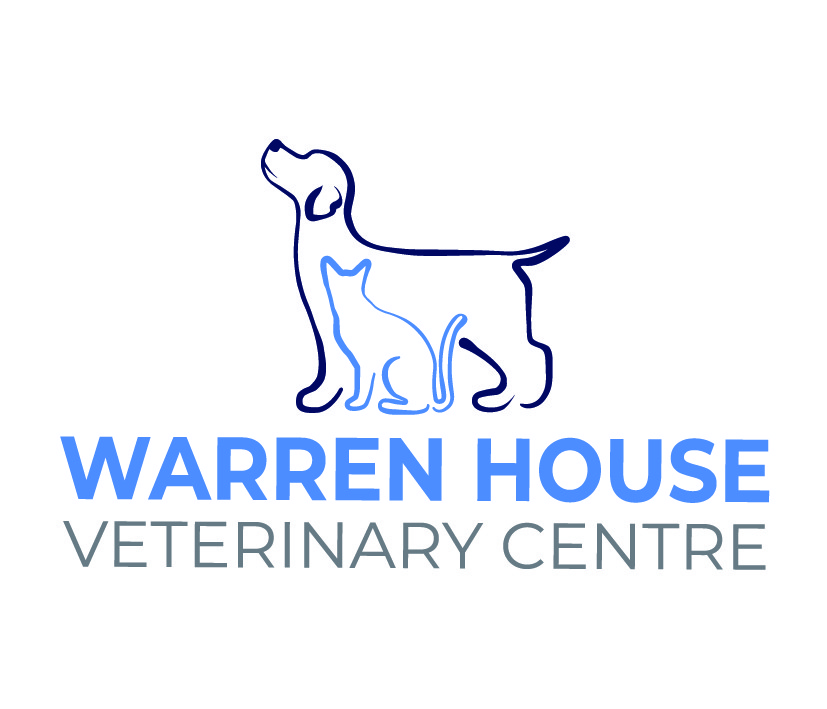
Lucy is one of our lovely veterinary care assistants (VCA) and today we get a glimpse into her life at the practice.
Grab a refreshment and a biscuit or two and let’s spend the day in the life of Lucy…
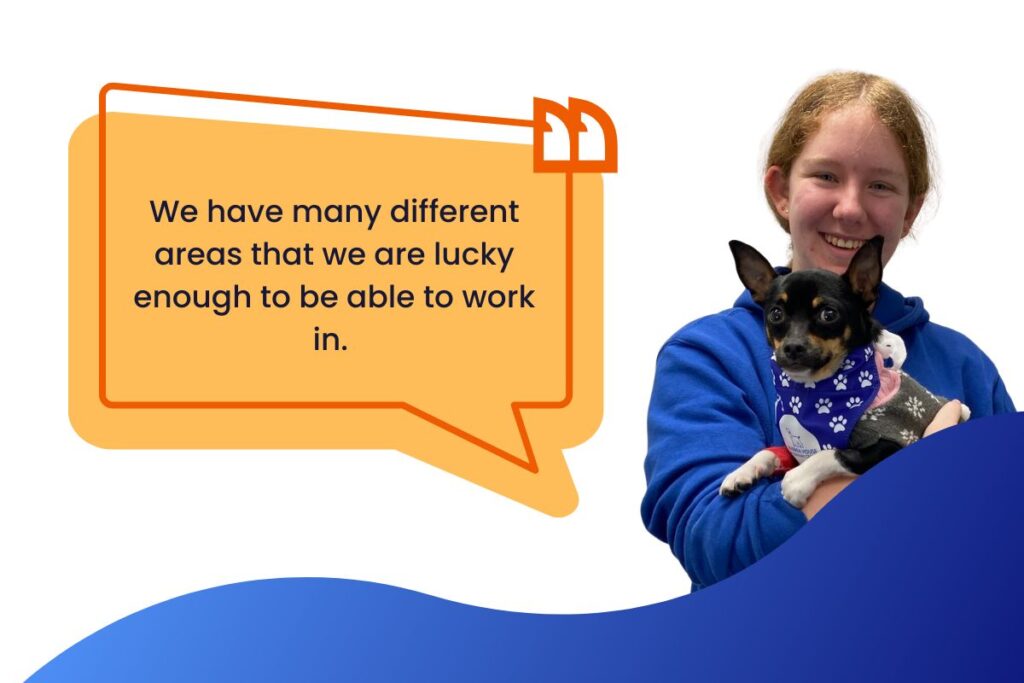
Our day starts at 7:30 am with preparing things that might be needed for the day. This ranges from unlocking the doors and turning on the computers to making sure that the blood machines are ready.
When everything is up and running, we start to admit all operations and procedures for the day. This involves making sure we have all the correct contact details for the owner; confirming what procedure the animal is having and answering any questions they may have. We will then take them through to the kennels or cattery and make sure they are all settled in their bed.
Once everyone has been admitted we begin to prepare the the theatre and prep. We set up the anaesthetic trolley and circuits. When setting these up we check that all the anaesthetic vaporisers are full, we have enough oxygen in the cylinders for the day and there are no leaks in the circuits.
We make sure there are heat mats on the table and puppy pads for when we start to prep the patients for surgery. We also gather all the equipment that the vet will need for the procedure.
Once everything is ready we will assist the vet or nurse whilst they are giving the patient their pre-medication. This is the medication that sedates the animal and includes a form of pain relief.
We have many different areas that we are lucky enough to be able to work in. One of these is consults. When on consults we assist the vets by doing their notes, holding the animals, and ensuring they have everything they may need. We also strongly focus on cleaning everything and checking all the medication stock levels.
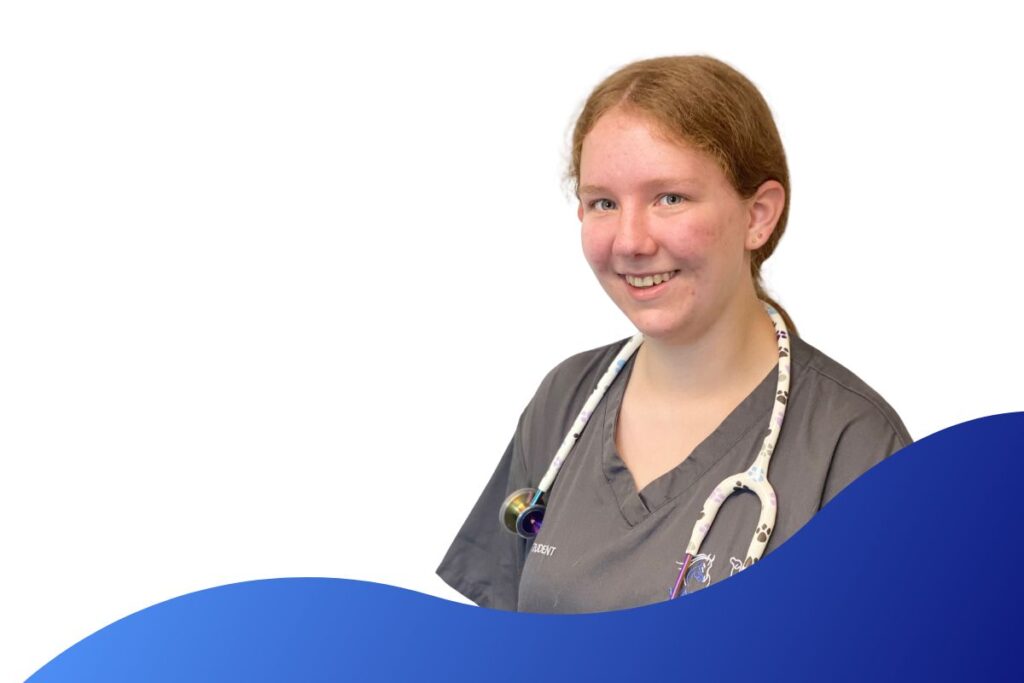
Another part of our job is assisting with the operations and patients for the day. There are many different roles such as being in theatre monitoring anaesthetics, preparing them for their surgery, and looking after them in recovery once they’ve had their operation or procedure.
When in the theatre we carry out checks every 5 minutes checking their vitals including heart rate, respiration rate, blood pressure, and oxygen levels in their blood. I have been lucky enough to gain a place on an anaesthesia course with the College of Animal Welfare to further my knowledge in this area. The operations we see differ from day to day from a keyhole spay to a gastroscope.
Vitals check:
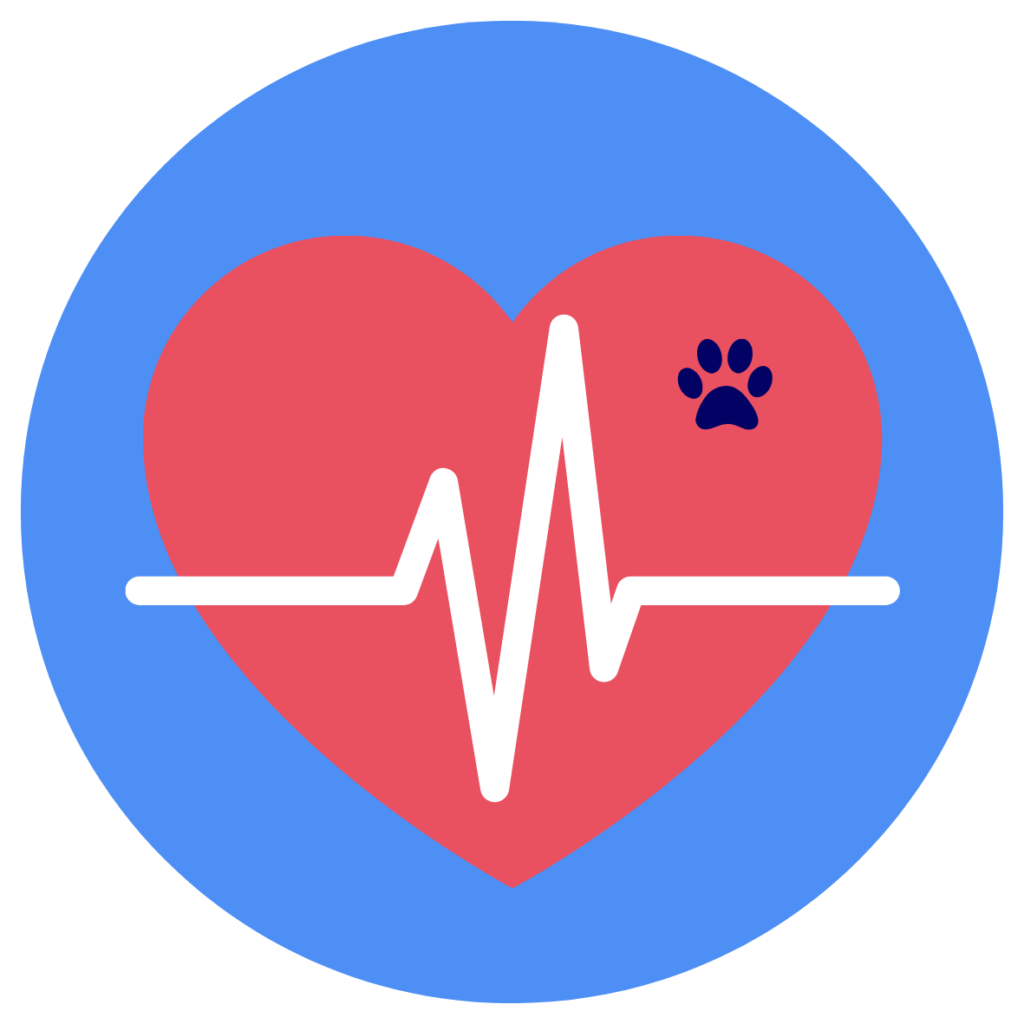
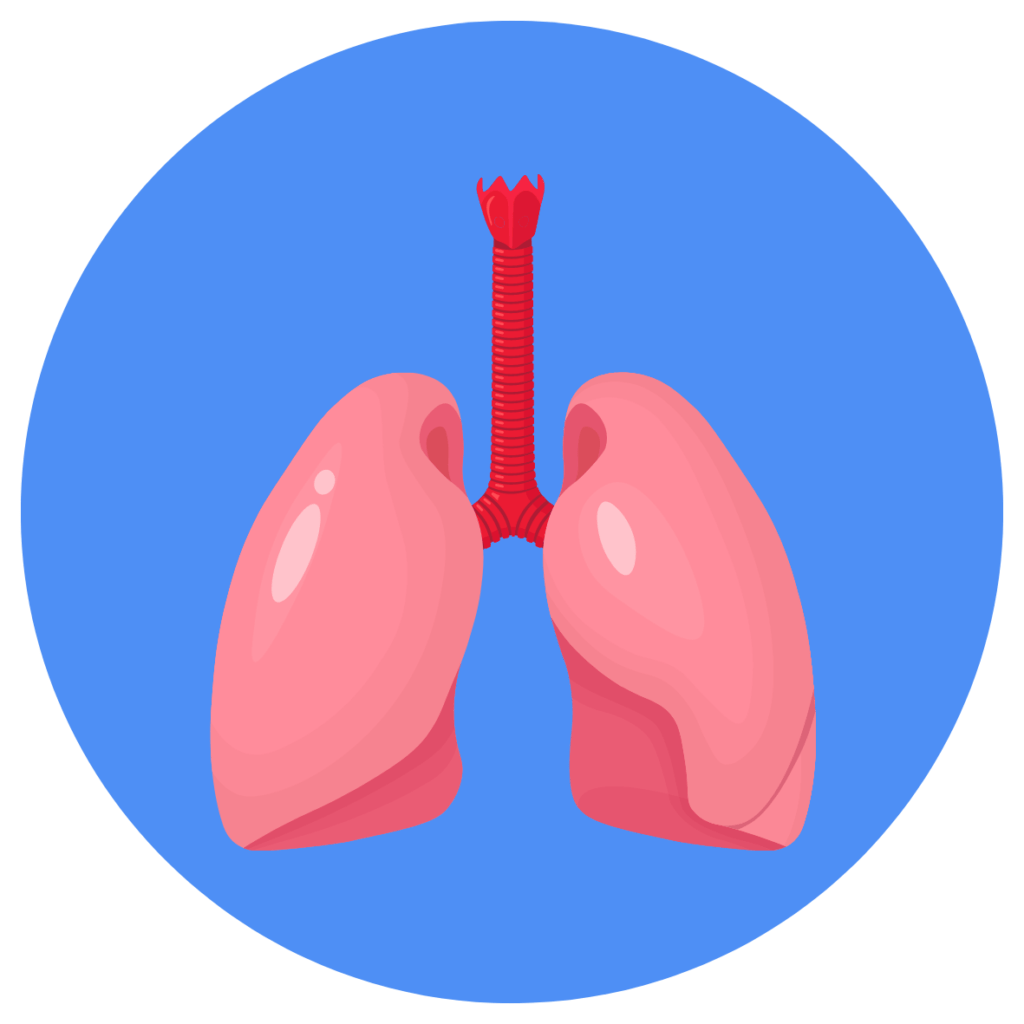
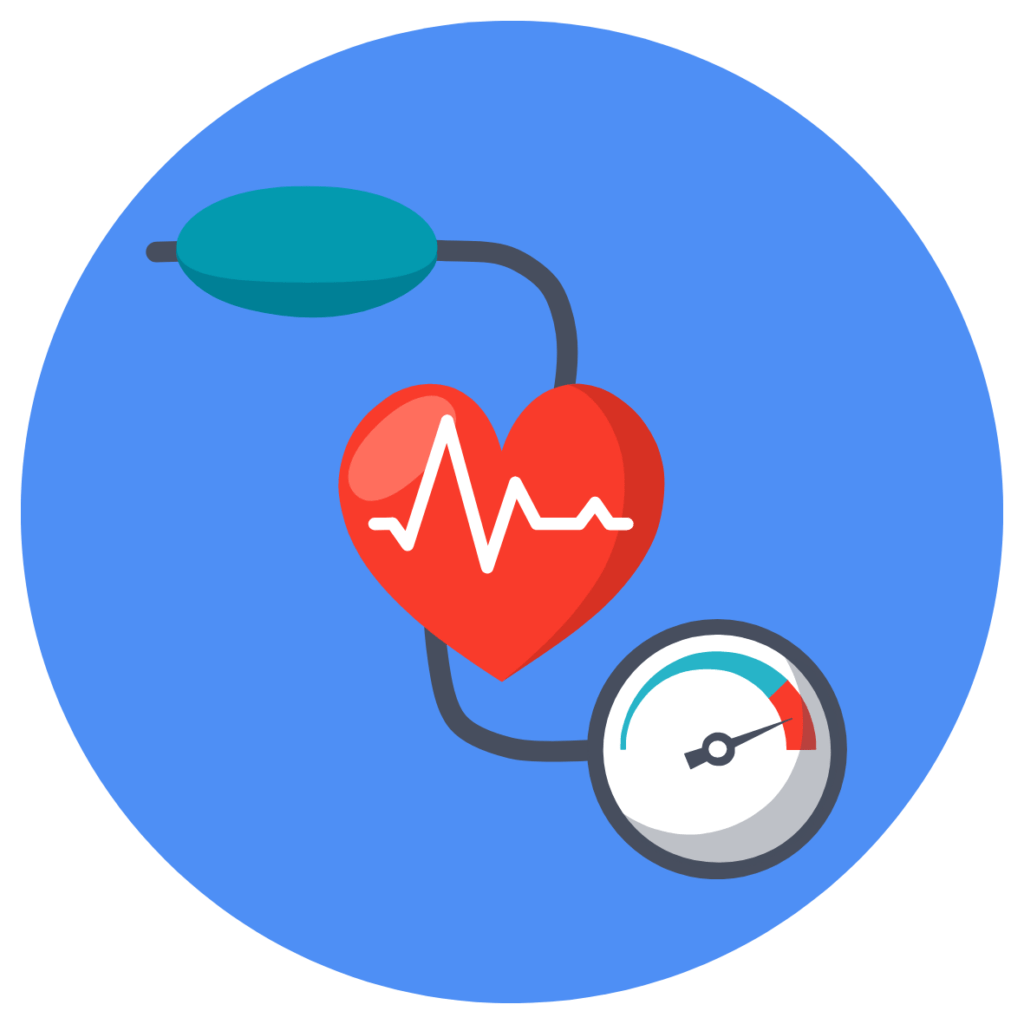
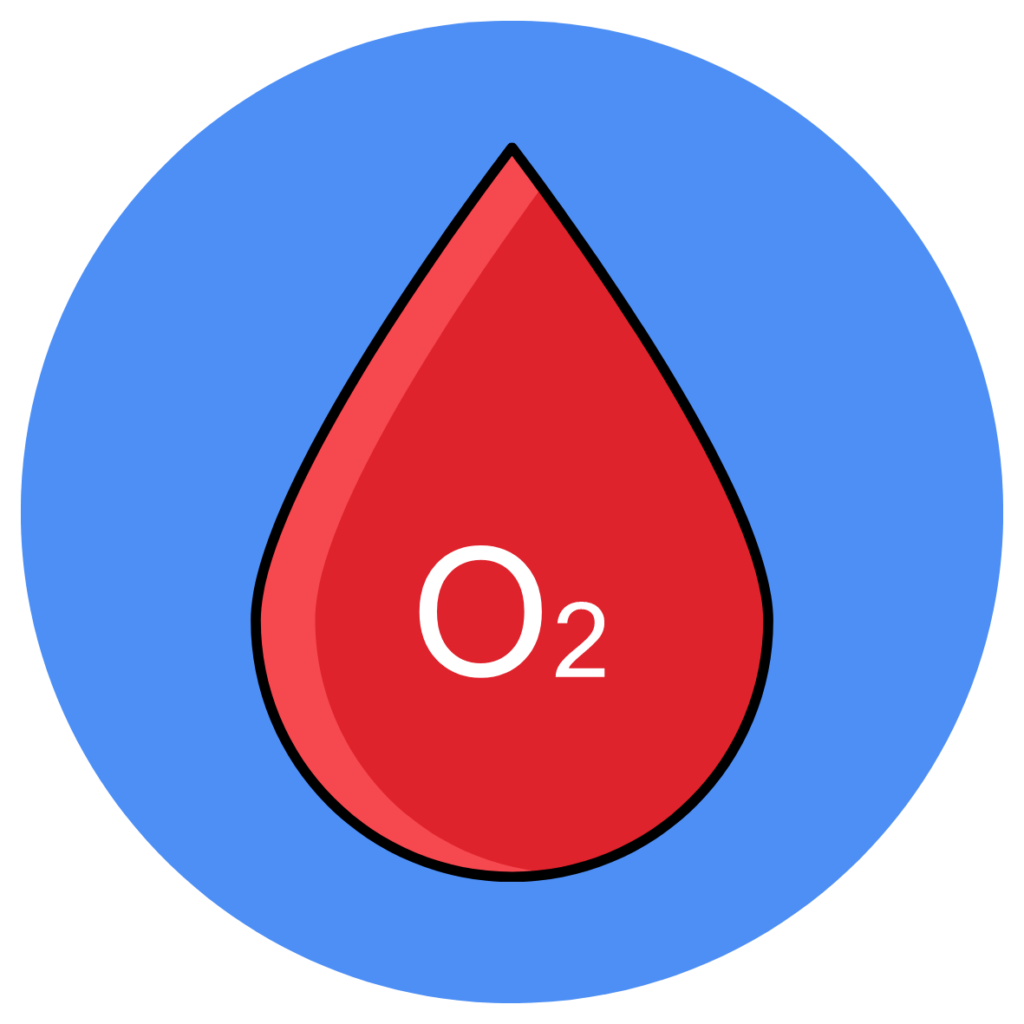
Before the animal goes into the theatre the vet or nurse will place an intravenous cannula. We, as VCA’s, make sure to have a range of different sizes of cannula tape, and bandage ready. Placing an intravenous cannula makes sure we have access to their veins. This means that we can give them the medication needed to induce anaesthesia and give emergency medication if needed. We also hold the patients for an endotracheal tube to be placed, giving access to their airway for oxygen and anaesthetic gas to be administered. The fur will then be clipped and scrubbed, having a clean sterile site ready for surgery.
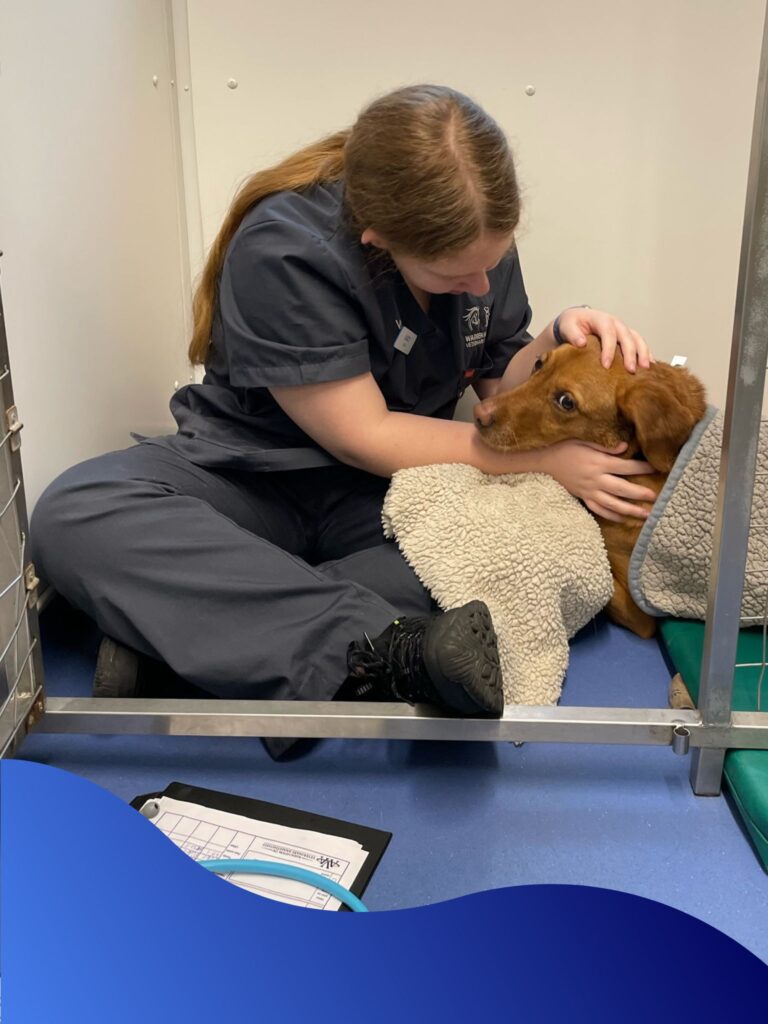
A VCA’s role in recovery is to look after the inpatients for day hospitalisation and when they leave the theatre. This includes checking their heart rate, respiratory rate, and temperature until they are fully awake from the anaesthetic.
Checks are then carried out every half hour to ensure they are okay. We will then take the dogs out for walks and provide all patients with food and water. We always take them out on at least two walks to help prevent any accidents from occurring!
We have a dedicated theatre phone for us to update owners on how their pets are doing. Most recently we have had a range of teddies for our patients to give them some home comforts whilst with us.
Another part of being in recovery is making sure all the washing is up to date.
Sometimes we also help the team in reception.
After all operations and procedures are done we clean and tidy everywhere. Similar to reception, Stephanie the steamer (unfortunately we lost Steve the steamer, so we now have his younger sister Stephanie) the steamer is an important part of our team to make sure everything is as clean as possible. We have cleaning checklists that we complete daily to ensure nothing gets missed.
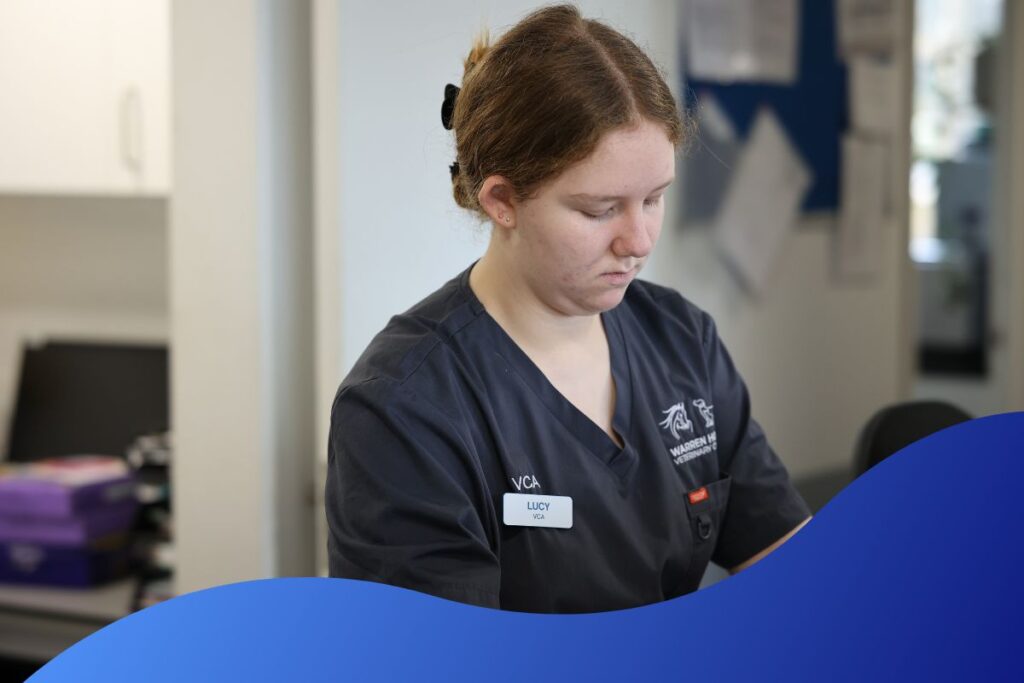
Between 2-6 pm, we will discharge all our patients back to their wonderful owners. During discharge, we make sure to go through all post-operative care, and any medications that they may need, and book them in for a post-operative check in 2-3 days’ time.
Once all of the animals have gone home we clean everything in the consults, laboratory, and kennels.
Thank you for reading, we hope you enjoyed a day in the life of Lucy! ?
